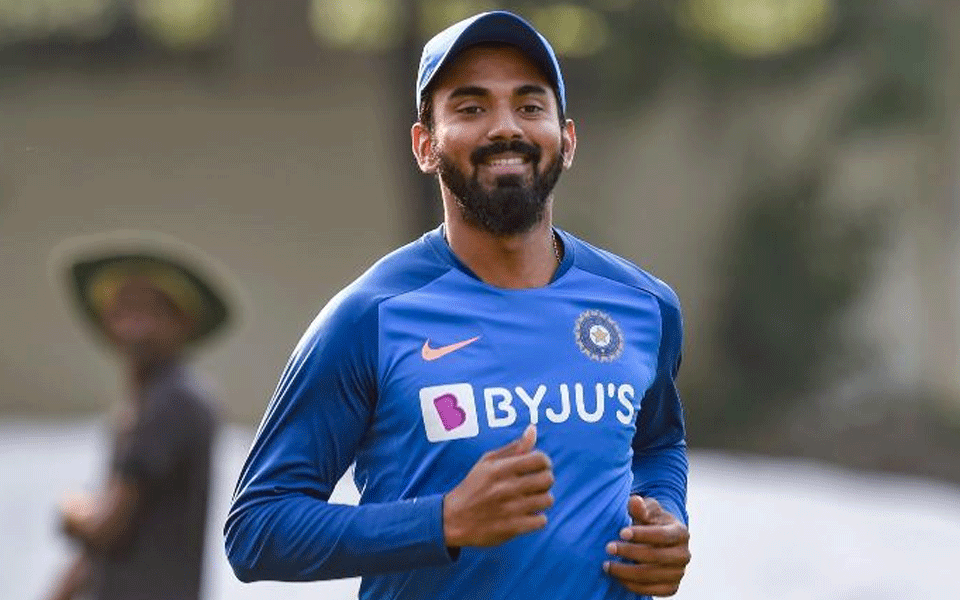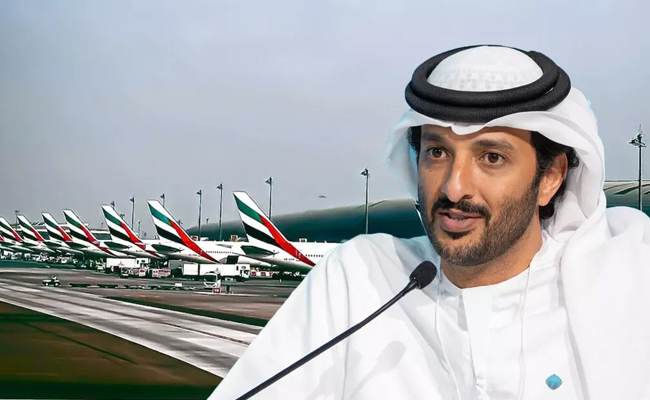New Delhi: Five centrally contracted Indian cricketers including Cheteshwar Pujara, Ravindra Jadeja and KL Rahul have been issued notices by National Anti-Doping Agency (NADA) for failing to disclose their whereabouts as the BCCI cited "password glitch" as the reason for delay.
The other players to have received the notice include women stars Smriti Mandhana and Deepti Sharma, who are among the five cricketers in the 110 strong National Registered Testing Pool (NRTP).
Speaking to PTI, NADA DG Navin Agarwal confirmed that BCCI has sent an official explanation for their five NRTP players' failure to submit whereabouts.
"There are two ways to fill up the whereabouts form in the ADAMS (Anti Doping Administration & Management Systems) software. Either athlete does it himself or association fills it up on his or her behalf," Agarwal said.
"Now athletes in some discipline aren't educated enough or do not have access to internet and find themselves unable to handle the whereabouts clause of the ADAMS or upload the filled up form.
"They use assistance of their concerned federations. So federations have accepted responsibility of uploading their whereabouts," Agarwal said.
He said cricketers too at times find it tough to complete the process on their own.
"Similarly in cricket also, although these people are well qualified and they can do it, perhaps they don't have the time for whatever reasons, so the federation concerned, the BCCI has taken upon itself the responsibility of uploading their whereabouts."
So why didnt BCCI upload the the three-month whereabouts this time?
"Well they have given an explanation which appears to be reasonable but a decision will be taken. They have said that there has been a glitch with regards to password in ADAMS. Now they have said that issue has been resolved," Agarwal added.
NADA DG added that "BCCI's explanation will be discussed as to whether it will be counted as one of three filing failures or not. It will be decided on the explanation given and how they (BCCI) proceed from here."
While country has been under lockdown, the rule to submit three months of whereabouts is mandatory.
Three such failures to disclose leads to one Anti Doping Rule Violation (ADRV), which could lead up to two years of suspension upon hearing.
While BCCI has "officially gagged" its employees from talking to the media, it couldn't be ascertained that why as normal a glitch as a password error took days to resolve.
A BCCI veteran, who has been privy to cricket operations, asked why the five cricketers were not told to upload the form themselves.
"This was lockdown period where they are not living out of suitcases. Some of the names have also engaged in multiple instagram chats and podcasts which their agents are managing," he said.
"If cricket operations team were having a glitch in fixing password, well the five cricketers could have been asked to do so and they would have done it individually with some guidance.
"Probably NADA would be lenient this time but if it becomes an official warning, then who's responsible," he added.
Let the Truth be known. If you read VB and like VB, please be a VB Supporter and Help us deliver the Truth to one and all.
Udupi: Manju Kola, husband of former Udupi City Municipal Council Vice-President Lakshmi Manjunath and a Hindutva organisation leader, was stabbed during a meeting held to settle a dispute related to a love affair at Malpe on Tuesday night.
Police have arrested five accused in connection with the case.
According to information available, Manju Kola had reportedly called for a compromise meeting near Malpe beach in the Palimaru area on Tuesday evening to resolve an issue involving a couple. During the discussion, a heated argument broke out and a youth allegedly stabbed Manju Kola.
He sustained injuries to his abdomen and collapsed. He was immediately shifted to a private hospital in Udupi for treatment.
Udupi Superintendent of Police Hariram Shankar said that five accused have been arrested in the case. As per preliminary investigation, the incident appears to have occurred due to personal reasons. He clarified that there is no communal angle to the incident and urged the public not to spread rumours.
The injured Manju Kola is out of danger and his condition is stable, the SP said.





